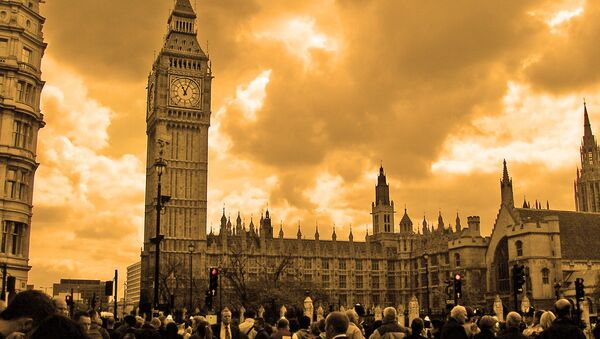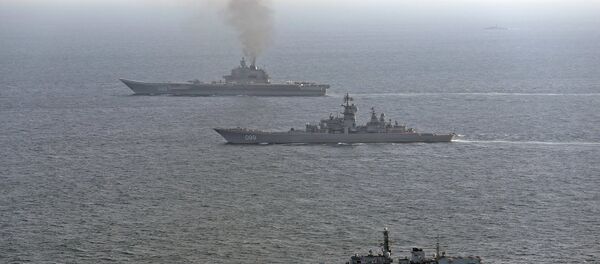MOSCOW (Sputnik) — He said that "unfortunately possibilities of returning to a normal dialogue that appeared due to the change of the UK government in the summer of 2016 has not received any practical implementation yet."
"We are open for dialogue, ready for the resumption of mutually beneficial and mutually respectful cooperation, when the British side is ready for that. But we are not going to impose ourselves as partners until the logic of deterring Russia prevails in London over the interests of interaction," Titov said.
According to the senior diplomat, "London returned to Russophobic rhetoric that we had heard in the last two years from [former] Prime Minister David Cameron."
Moscow is concerned that the uncertainty caused by the process of the United Kingdom's exit from the European Union may affect the activity of Russian companies connected with the UK, he said.
"It is obvious that in conditions of global economy, Brexit will introduce certain changes in the terms of trade between Russia and Great Britain as well. In the current situation, when London and Brussels are at the stage of considering steps toward the exit of the United Kingdom from the EU, we are concerned about uncertainty, including for our companies that are connected with the UK by trade and financial ties," Titov said.
He added that some aspects in the Russia-UK relations, which previously concerned cooperation between Moscow and the EU, would require reformatting due to Brexit.
"UK Foreign Secretary Johnson's visit to Moscow is on the agenda… He has an invitation from Lavrov, so it is up to London," Titov said.
Titov said that expert-level contacts continue between Moscow and London, "but in terms of returns, things are off to a rocky start."
"We believe it is important not to exchange accusations, not to engage in mentorship, not to create the appearance of dialogue, but advance toward a result," he said.
According to Titov, the contacts have been affected by London's "unsubstantiated allegations" that it was Moscow who requested the bilateral meeting, while in fact the United Kingdom had been inviting Russia to the dialogue.


